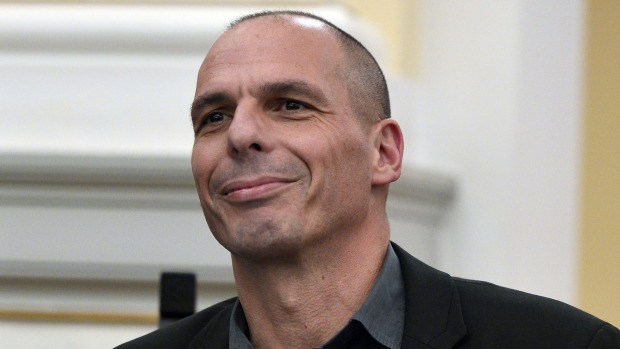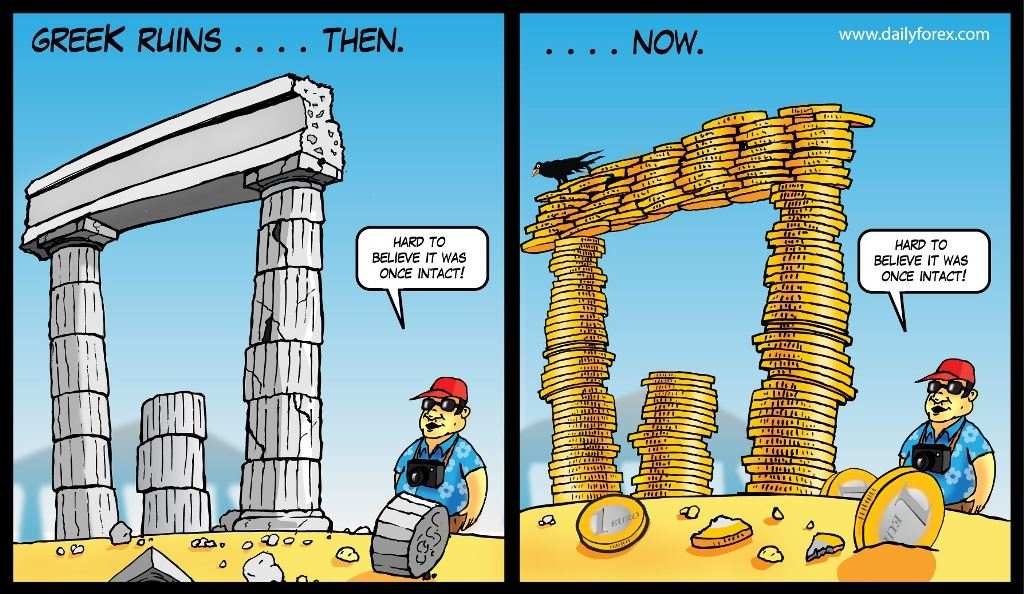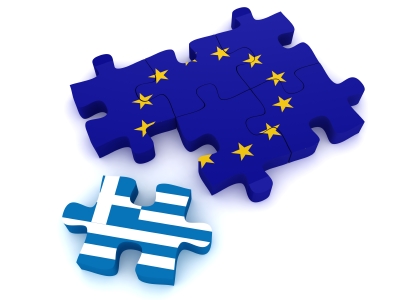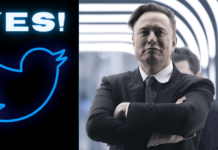
Yanis Varoufakis is a controversial figure, to say the least. He is the former finance minister for Greece, and held the position for 7 months before resigning. His promise to resign followed the Greek people voting “Yes” in a July 2015 bailout referendum. The referendum would decide whether Greece would capitulate to the bailout terms set by the European Council, International Monetary Fund, and the European Central Bank.
Despite the fact that 61.3% of the public voted “No” rejecting further austerity in a resounding victory against the vigorous “Yes” campaign waged by the mass media, he resigned due to pressure from European leaders who had no interest in dealing with him further. Showing just how powerless a vote is in the face of powerful creditors, his party would go on to accept the bailout and implement the austerity terms imposed by creditor nations anyway. His resignation was partly fostered by his knowledge that his own party did not intend to keep its promise to the Greek people.
In the wake of the referendum and the refusal to accede to a democratic decision, Greece’s economic woes continue unabated, and has served as Europe’s unappreciated front-line for the refugee crisis.

Billionaire investor and international affairs manipulator George Soros has even stated that “Greece will never recover as long as it is a member of the Eurozone,” Soros said. “The country was asked to pay excessively high interest rates making it impossible to serve the Greek debt. Unfortunately, the Germans repeated the mistake during the last negotiations. Again, they imposed conditions that brought [Greece] closer to bankruptcy. Greece will never be able to repay its debt.”
Unrestrained Capitalism Consumes Democracy, Causes Crisis
Varoufakis characterizes himself as a “libertarian Marxist”, and in the context of the failed referendum, is fairly knowledgeable of the subservience of democratic ideals to crony capitalism. He is now a spokesman for pro-democracy movement DiEM25 (Democracy in Europe Movement 2025). He spoke at a TEDx conference on the very subject, noting that capitalism on its own does not automatically beget democracy, despite the common association between the two.
Singapore and China, an autocratic system and an authoritarian regime respectively, for all their economic progress, serve as the best examples of this dichotomy- free money means that money gets the microphone, not the people. Varoufakis argues that democracy in Europe is being pushed back, recalling that as finance minister he was told that democratic elections could not be allowed to interfere with economic policy.
The mountain of debt all around the world is visible to all, but its twin is rarely discussed- a mountain of idle savings seeking safe investments: too risk-averse to invest into productive economic activity that would allow growth for all. Savings, when invested right, can resolve the problems of overwhelming debt-creating jobs and businesses.
This mountain of savings (over 5 trillion dollars of it) gets spent instead in the sort of “safe” activity that brought us the crisis of 2008 – speculation in the housing market and the stock exchange.

This sort of activity bids up prices, but on its own, doesn’t produce anything useful in creating bubbles. This illusion of safety causes crisis and the gain and loss of fortunes.
The Solution?
While capitalism doesn’t result in democracy, he argues that democracy brings a solution to capitalism’s dilemma; the inclusion of the working-poor in the decision-making process is the great equalizer. However, democracies of today have separated the political and economic spheres however, allowing the economic sphere to gain strength and power over even the political (or people-elected) sphere.
Democratizing economic decisions would allow the fruits of technologies like automation (which have replaced workers and created unemployment, rather than reduce the number hours each worker has to work), to be shared by all.
The end result of capitalism could be a dystopian society resembling the Matrix (or perhaps more accurately, George Orwell’s 1984), where people are monitored to prevent unrest and continue to slavishly serve a small group that own or control all the machines and capital. Or it could resemble a Star Trek-like utopian society where the fruits of automation allows all people to live in leisure, which he believes could result from an economy where the poorest have the same say as the richest.
What would it take to get to utopia? What steps must we take to democratize the economy? One of his ideas is that employees of a company should also be the owners – people who labor for longer accumulate a growing share of the company, which follows them from job to job. Wages would no longer exist – all income stems directly from capital, and workers become owners of the company. The twin peaks of debt versus savings would no longer exist.
Regardless of whether you agree with the economist, his ideas are as controversial as his reputation, and well worth contemplating.
Watch Varoufakis latest speech on TED:
Sources: The Guardian, Time, Greek Reporter, NewsWeek
This Article (Former Greek FM Yanis Varoufakis: How to Stop Capitalism from Eating Democracy) is a free and open source. You have permission to republish this article under a Creative Commons license with attribution to the author(CoNN) and AnonHQ.com.




